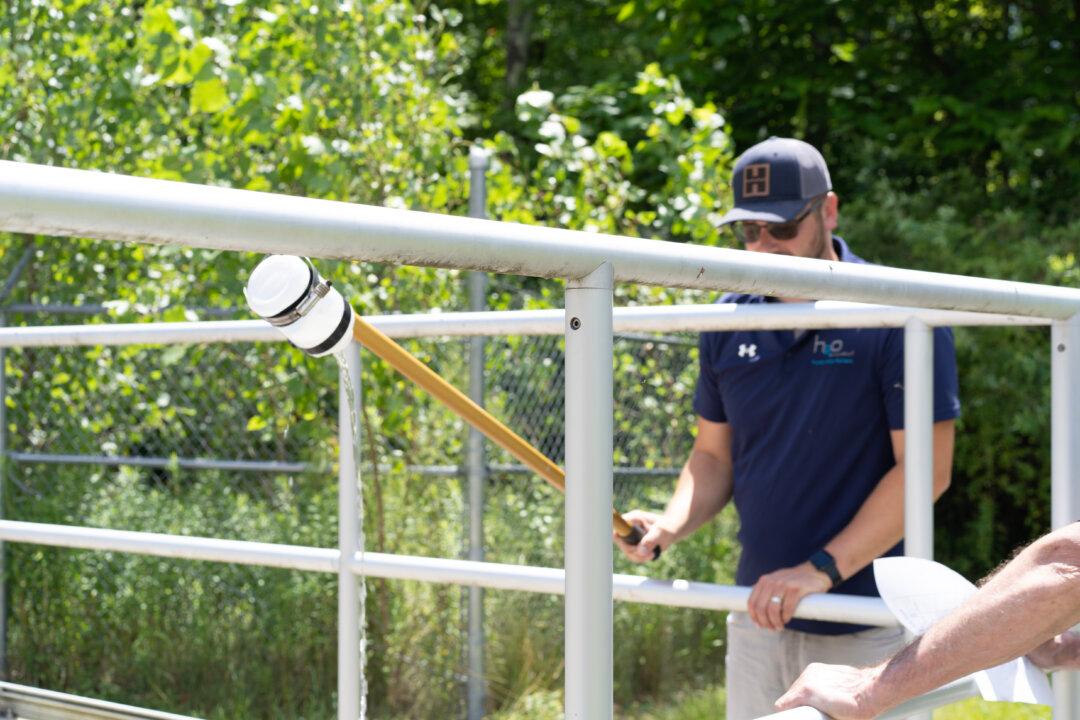The New York Environmental Facilities Corp. (EFC) is seeking public comments on an annual financing plan for clean water infrastructure across the state.
Largely funded by federal dollars under the Clean Water Act, the dedicated state revolving fund provides low-interest or interest-free loans and subsidies to improve municipal wastewater infrastructure, stormwater systems, and a defined list of national assets.





